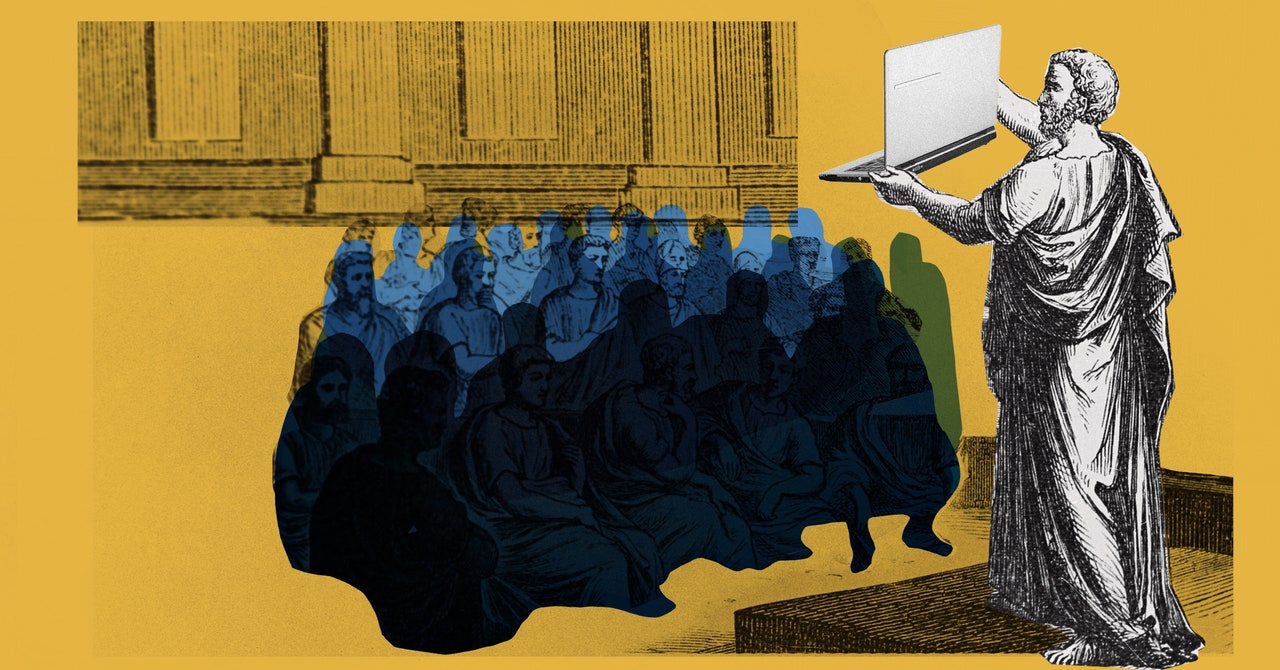Are machine-learning algorithms biased, wrong, and racist? Let citizens decide.
Essentially rule-based structures for making decisions, machine-learning algorithms play an increasingly large role in our lives. They suggest what we should read and watch, whom we should date, and whether or not we are detained while awaiting trial. Their promise is huge–they can better detect cancers. But they can also discriminate based on the color of our skin or the zip code we live in.
Despite their ubiquity in society, no real structure exists to regulate algorithms’ use. We rely on journalists or civil society organizations to serendipitously report when things have gone wrong. In the meantime, the use of algorithms spreads to every corner of our lives and many agencies of our government. In the post-Covid-19 world, the problem is bound to reach colossal proportions.
A new report by OpenAI suggests we should create external auditing bodies to evaluate the societal impact of algorithm-based decisions. But the report does not specify what such bodies should look like.
We don’t know how to regulate algorithms, because their application to societal problems involves a fundamental incongruity. Algorithms follow logical rules in order to optimize for a given outcome. Public policy is all a matter of trade-offs: optimizing for some groups in society necessarily makes others worse off.
Resolving social trade-offs requires that many different voices be heard. This may sound radical, but it is in fact the original lesson of democracy: Citizens should have a say. We don’t know how to regulate algorithms, because we have become shockingly bad at citizen governance.
Is citizen governance feasible today? Sure, it is. We know from social scientists that a diverse grou

